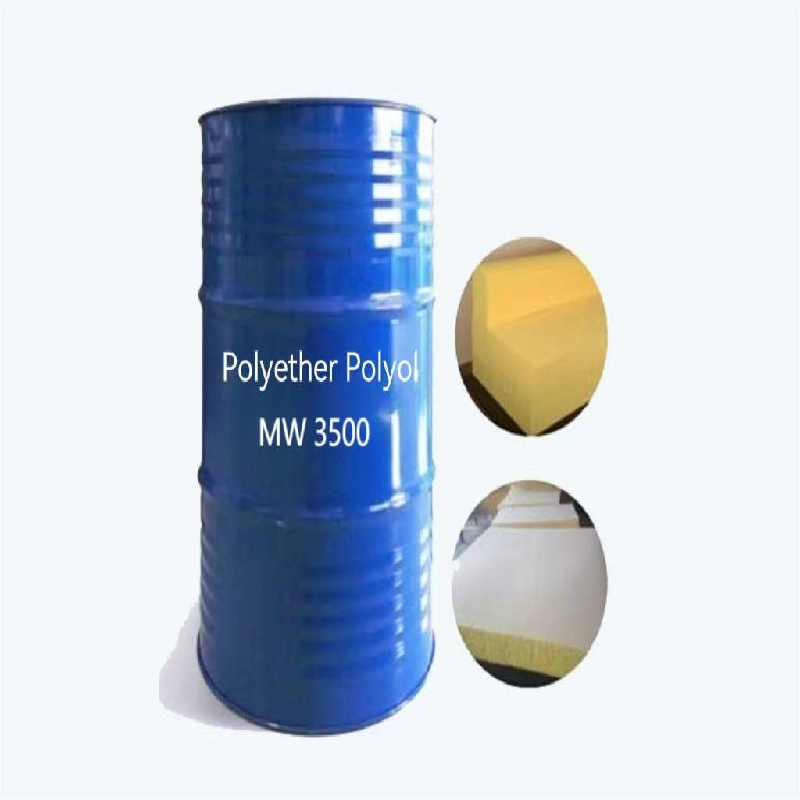-
Categories
-
Pharmaceutical Intermediates
-
Active Pharmaceutical Ingredients
-
Food Additives
- Industrial Coatings
- Agrochemicals
- Dyes and Pigments
- Surfactant
- Flavors and Fragrances
- Chemical Reagents
- Catalyst and Auxiliary
- Natural Products
- Inorganic Chemistry
-
Organic Chemistry
-
Biochemical Engineering
- Analytical Chemistry
- Cosmetic Ingredient
-
Pharmaceutical Intermediates
Promotion
ECHEMI Mall
Wholesale
Weekly Price
Exhibition
News
-
Trade Service
Global energy reform and transformation has become a trend, and the rapid development of the electric vehicle industry is an important link, followed by a strong global demand for lithium-ion batteries
.
In China, lithium resources are mostly stored in salt lake brines
Recently, the Membrane Materials and Separation Technology Center of Shanghai Advanced Research Institute of Chinese Academy of Sciences, together with Qinghai University, Wenzhou University, Delft University of Technology, Tianjin University of Technology, etc.
, summarized the research progress of membrane technology in the extraction of lithium from salt lake brine in China in recent years.
, Analyzed the core technology and scientific issues of lithium extraction from salt lakes with high magnesium-lithium ratio, and proposed new ideas for the development direction of lithium extraction from salt lake brines
.
Relevant research results are titled Extraction of lithium from Chinese salt-lake brines by membranes: Design and practice, published in Journal of Membrane Science
The study explained the current technical route for extracting lithium from salt lake brine, and proposed that the entire process from brine to product includes two key steps: separation, purification and concentration (Figure 1)
.
The process technology includes: liquid-liquid extraction (E1) and membrane chemical exchange (E2) technology to realize the separation and enrichment of lithium in one step.
The study proposed two main separation principles of ion separation: equilibrium separation based on affinity, such as extraction, adsorption, etc.
, and separation based on far equilibrium, such as nanofiltration, electrodialysis, etc.
(Figure 2)
.
From a thermodynamic point of view, the equilibrium separation mechanism of affinity depends on the difference of the extracted Gibbs free energy.
Nanofiltration, electrodialysis, etc.
are lithium extraction technologies based on separation mechanisms far from equilibrium
.
As shown in Figure 2B, the permeation selectivity of solutes has an exponential relationship with the energy barrier of solute transport through the membrane.
The study emphasized the concentration section that has been neglected by the current scientific research work, indicating that the concentration section is the section with the highest energy consumption in the lithium extraction process.
Reducing the energy consumption of the lithium-rich brine concentration process and achieving full utilization of water resources are important tasks for the extraction of lithium from salt lake brines.
.
Commonly used concentration techniques such as reverse osmosis require high-pressure operation, large operating and fixed inputs, and cannot achieve the concentration requirements for one-step concentration to chemically precipitate lithium carbonate
The research work is supported by the National Natural Science Foundation of China, the National Natural Science Foundation of China’s Regional Cooperation Key Fund, the "BRIC Five Countries" Project Joint Fund, the Royal Society Newton Advanced Fund, the Chinese Academy of Sciences International Cooperation Project, and the Qinghai Provincial Department of Science and Technology Fund
Figure 1.
Figure 2.






